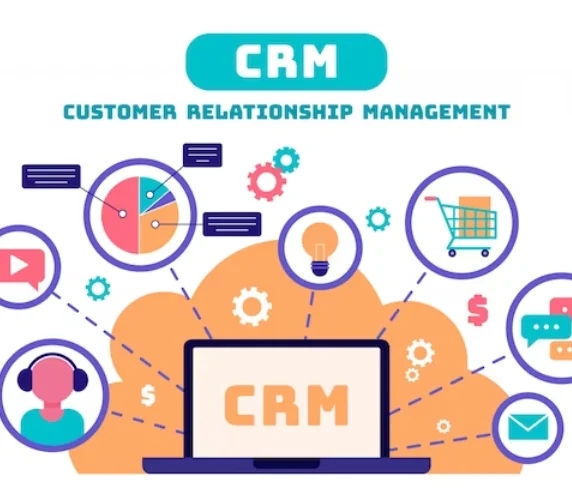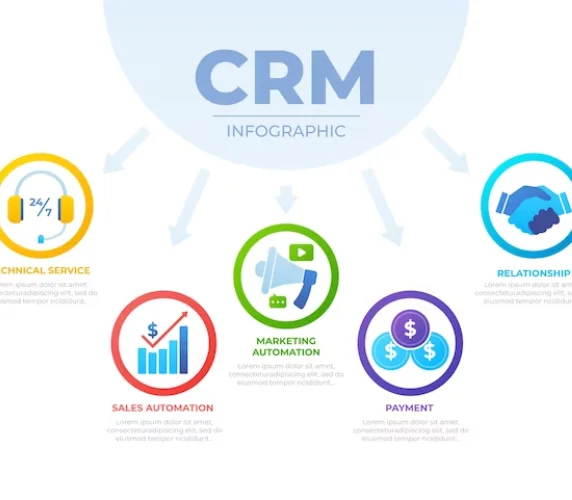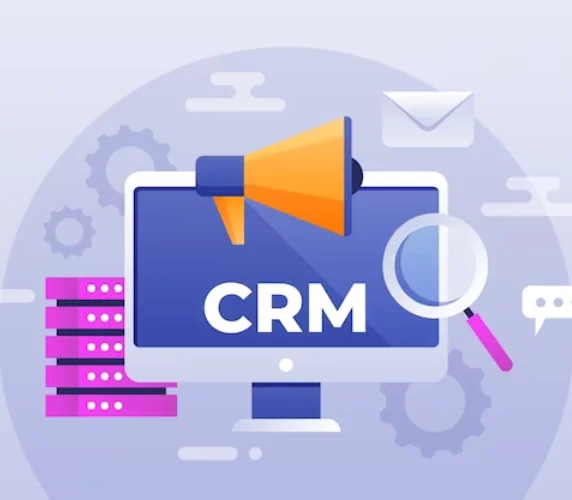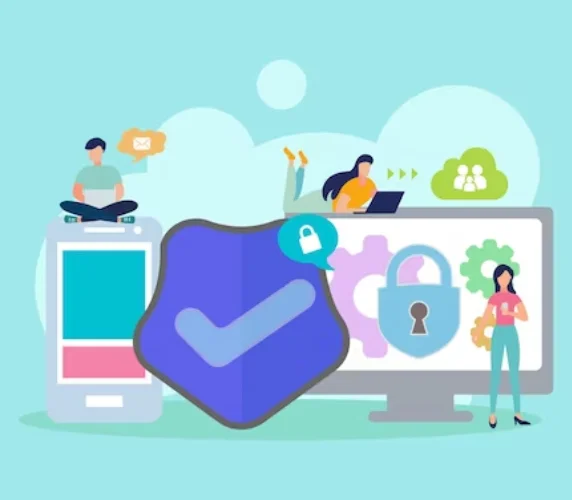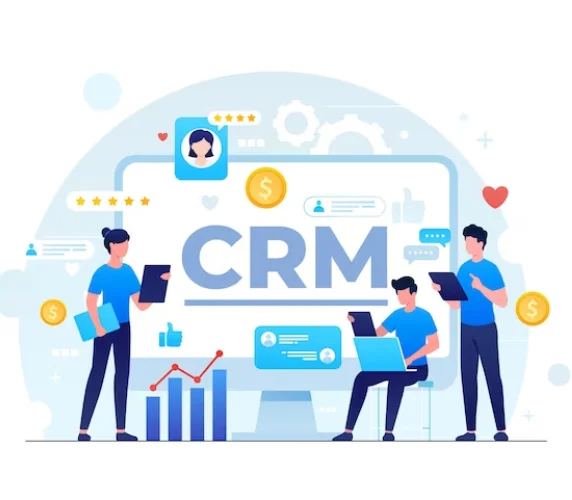CRM AND PROJECT MANAGEMENT SOFTWARE!
A technological tool for maintaining all of your business's contacts and relationships with clients and future clients is customer relationship management, or CRM. The objective is straightforward: strengthen commercial ties. Project management is more concerned with workers and business resources, whereas CRM is more customer-centric. The process of customer relationship management is gathering consumer data and using it to provide more enjoyable and customized experiences. The following are CRM's main features: Management of contacts A collection of interconnected, data-driven software programs known as customer relationship management (CRM) assist in organizing, monitoring, and archiving data about both present and potential clients for your business.
